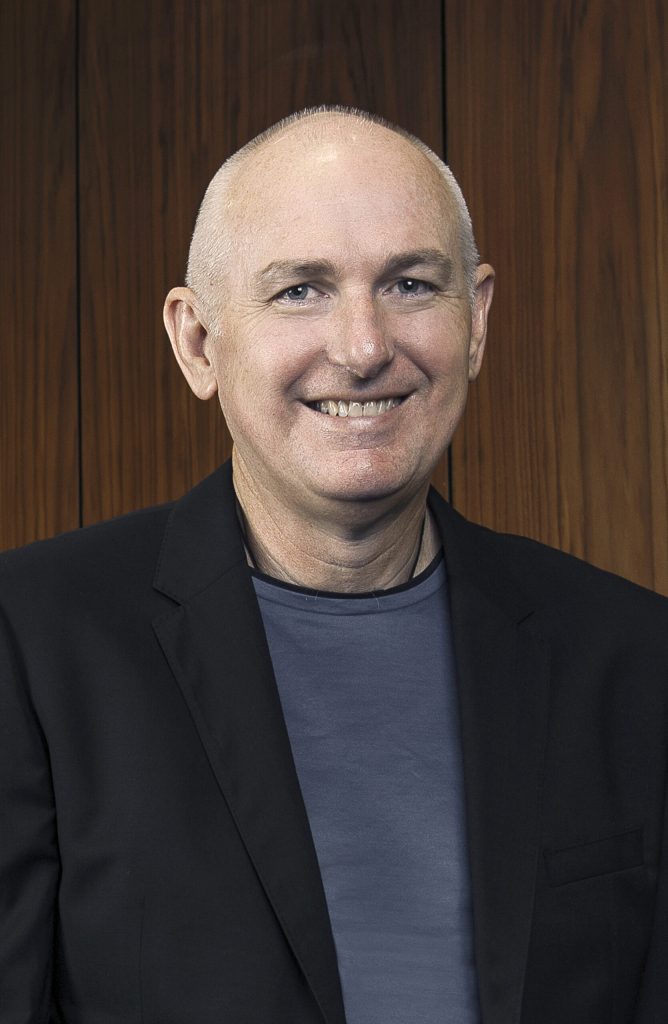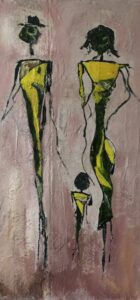Here is a recent op-ed I wrote for the New Zealand Herald on how we in Aotearoa New Zealand are grappling with the uncertain post pandemic world and how wellbeing thinking can help us do better.
Clive Elliott: Does a future New Zealand risk being a social apartheid?
By Clive Elliott
4 Nov, 2022 05:00 AM5 mins to read
/cloudfront-ap-southeast-2.images.arcpublishing.com/nzme/AFXBSMLKKVDHZGZZPIOE6RET34.jpg)
A pedestrian on Auckland’s Queen St walks past a rough sleeper, holding up a discarded coffee cup for charity. Photo / Dean Purcell, File
OPINION:
In mid-October, Winston Peters told a meeting of his party faithful that the “seeds of apartheid” were being scattered through our legislation and institutions and that separatism and notions of co-governance had to be rooted out.
Even so, the remit voted on by delegates had the word “apartheid” removed.
What does all of this mean? Because, whether you like him or not, Peters has shown over time that he is astute at reading the mood of the country.
In the early days of the Covid-19 lockdowns, the mantra of the team of 5 million sat comfortably with most of us.
By March 2022, the anti-vaccine, anti-mandate occupation of the grounds of Parliament and Brian Tamaki’s antics since then have given us a big wake-up call.
/cloudfront-ap-southeast-2.images.arcpublishing.com/nzme/T4TWHYDQQGC7ACXRQRHZP3NMBM.jpg)
Are these events the bitter after-taste of the pandemic and part of an inevitable post-pandemic adjustment, or is it something more deep-seated and concerning? Does it represent a deterioration, or even worse, a breakdown of the social cohesion and trust that we, perhaps unwisely, took for granted
The overall decline of democracy, Brazil being a welcome exception to that trend, at least for now, China’s emergence as an economic and military superpower, and Russia’s invasion of Ukraine have exposed deep and potentially long-lasting divisions in the world order.
We have our own seemingly intractable problems in New Zealand: polarisation; extremism; growing inequality; intergenerational poverty and deprivation; unhealthy homes; food insecurity, a cost-of-living crisis, the scourge of P, growth in gangs, and the ram-raid epidemic.
We have to be mindful of these issues and ensure that we don’t become a country of haves and have-nots. A society that unwittingly slides into a benign form of social apartheid – a de facto segregation based on socio-economic factors – effectively an embedded and clearly identifiable underclass, which is marginalised and subsists on the fringes.
/cloudfront-ap-southeast-2.images.arcpublishing.com/nzme/IJNVALBS4RHO7E227YHUZB6PPQ.jpg)
Apartheid is of course a very loaded term, and one which even New Zealand First chose to avoid, but it comes in many different forms. It simply means being apart or separate. There is no reason why it couldn’t take root here.
Social and economic separation can be just as real and debilitating as legislated apartheid, as was the case up until recently in the southern United States and South Africa, with its full separation of racial groups and forced relocation to designated areas.
My background as a white South African, who grew up in a deeply divided country, in a racist apartheid regime, has undoubtedly shaped me. I became deeply disenchanted and emigrated to New Zealand in my mid-20s. I have practised law for since 1980, and was appointed a Queen’s Counsel in 2013, which gives me an insight into the shortcomings of the New Zealand justice system but also the power it has to positively shape society.
My first cousin Charles Robberts Swart (my mother’s maiden name is the anglicised version “Roberts”) was on the very conservative Afrikaans side of my family. He was appointed as the first Minister of Justice in DF Malan’s National Government, which took power in 1948. He was responsible for drafting and passing key early apartheid-enabling legislation, including the Immorality Act (prohibiting extramarital sex between whites and blacks) and the acts regulating separate amenities (limiting contact between different races).
I grew up in a country in which apartheid was firmly entrenched, before I left in 1983. As it turned out, I ended up here in Aotearoa New Zealand as, unbeknown to me, it was going through its own crisis, with the Muldoon government in its death throes.
Today, it is a quite different country from the one I embraced 40 years ago.
/cloudfront-ap-southeast-2.images.arcpublishing.com/nzme/4GAYH7LSKNFU5E2BSPFJ5ZB6SQ.jpg)
As an émigré, I believe I am able to bring an outsider’s view and potential insights into how we have changed. Undoubtedly, this country has shaped my perspective and thinking. It has also allowed me to look at my adopted home, and the world, with a unique perspective.
While we undoubtedly have our problems, we are not alone. Far more importantly, I have realised that this progressive, socially conscious country is facing up to its shortcomings.
Living in New Zealand has also taught me the inestimable value of critical thinking, understanding, and tolerance. As I see it, we are pragmatic, honest, and decent people who want to do the right thing. Importantly, throughout our history, we have been prepared to accept change.
In an increasingly dysfunctional and polarised world, these are the positive qualities we need to focus on to allow everyone to achieve their potential, regardless of their social status or means.
However, we certainly can’t afford to be complacent and to look back on past successes.
/cloudfront-ap-southeast-2.images.arcpublishing.com/nzme/BLJG6KPRUDEDRAAYIJHL7IOQV4.jpg)
Nor can we ignore the dark clouds that hover over us. We must learn from our mistakes and the errors of others, including my country of birth.
In my book, The Power of Wellbeing, I discuss these issues and set out a vision for the future, explaining how we do it, both as individuals and members of wider society. It is how together we can foster social cohesion and create a better, more trusting society for all – regardless of background, colour or creed.
I believe these are the most pressing issues of our time, and that the solution is within our grasp. We just need to reach out, learn from each other and rekindle our trust, in both our institutions and fellow New Zealanders.
Leading King’s Counsel Clive Elliott is the author of The Power of Wellbeing.





